BU takes responsibility for a large number of NHS-based research projects, spanning a number of clinical areas. To better support BU’s position as Sponsor for these studies, last August the university adopted the EDGE system. This allows us to better collaborate with our NHS colleagues and to ensure our research data is held in a secure and central location. Currently the system is being piloted within the Faculty of Health and Social Sciences for a year.
Last week the EDGE International Conference took place at The Vox Conference Centre in Birmingham, hosted by Fergus Walsh, the BBC’s Medical Correspondent, and organised by the Clinical Informatics Research Unit at the University of Southampton.
Over the two days we heard from speakers from across various organisations during breakouts, workshops and meet & greet sessions. Topics ranged from how to get the best out of the system’s features, using EDGE to connect with colleagues, and use of the system to improve the recording of study data and procedures. Given our implementation of EDGE, and the rarity of use by Universities, BU’s Clinical Governance Advisor, Suzy Wignall was invited to present on how BU has integrated the system.
Across the two days we likewise had keynote sessions, including talks from colleagues in New Zealand and Belgium where the system has been implemented. We also heard from parents of children who have been given access to life-saving research projects, improving their quality of life and health conditions, substantially.
The full agenda can be found here, with EDGE’s twitter feed here, showing photos from the event, and numerous tweets by colleagues.
For any guidance regarding implementing your research in a healthcare setting, take a look at the Clinical Governance blog or get in touch with BU’s Research Ethics team with any queries.





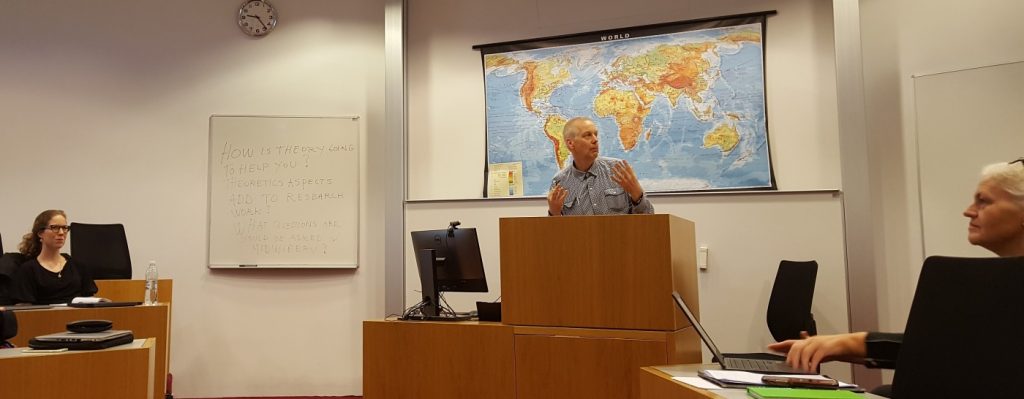
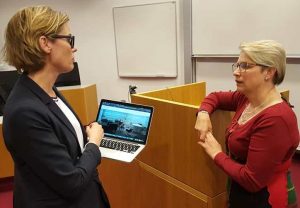
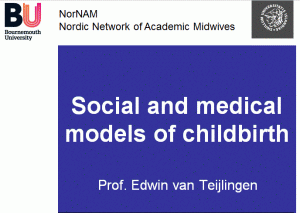


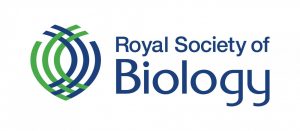

 The British Academy is inviting proposals from UK-based researchers in the humanities and social sciences – active at any career stage – looking to lead interdisciplinary projects in collaboration with colleagues from the natural, engineering and/or medical sciences.
The British Academy is inviting proposals from UK-based researchers in the humanities and social sciences – active at any career stage – looking to lead interdisciplinary projects in collaboration with colleagues from the natural, engineering and/or medical sciences.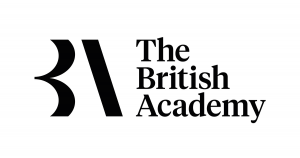 The British Academy is inviting proposals from UK-based researchers in the humanities and social sciences – active at any career stage – looking to develop and lead interdisciplinary projects on questions related to European identities under our programme on The Humanities and Social Sciences Tackling the UK’s International Challenges.
The British Academy is inviting proposals from UK-based researchers in the humanities and social sciences – active at any career stage – looking to develop and lead interdisciplinary projects on questions related to European identities under our programme on The Humanities and Social Sciences Tackling the UK’s International Challenges.


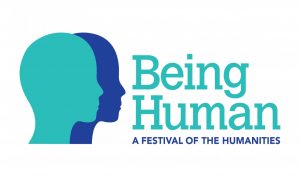











 Read and sign up to BU’s Policy Influence Digest
Read and sign up to BU’s Policy Influence Digest Upcoming opportunities for PGRs – collaborate externally
Upcoming opportunities for PGRs – collaborate externally BU involved in new MRF dissemination grant
BU involved in new MRF dissemination grant New COVID-19 publication
New COVID-19 publication MSCA Postdoctoral Fellowships 2024
MSCA Postdoctoral Fellowships 2024 Horizon Europe News – December 2023
Horizon Europe News – December 2023